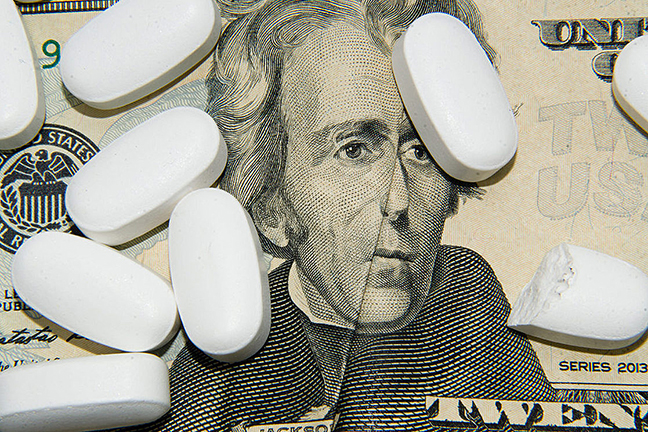Welcome!

Public comments focus on benefits and drawbacks from harm reduction strategies
Janet Imrick
Randolph Hub
ASHEBORO – Members of the public shared their opinions on harm reduction programs and syringe exchanges before Randolph County commissioners voted on opioid settlement funding distribution at their July 10 meeting.
Carl Hicks spoke in favor of funding harm reduction programs, saying it is "just a path to help our citizens and keep them alive," but he wanted narcan distribution to be prioritized for firefighters and EMS and to see collaboration with church-based recovery programs.
"Compare the stats to each program," he said, "Then funding could be allocated accordingly. The county would then have the information and stats needed to use some of the opioid settlement funds for this faith-based program if the data shows it's having the desired impact."
Ben Wilkerson, executive director of Pierced Ministries, talked about his experiences through his organization's recovery programs. "I can tell you from the men and women we've seen in our ministry, we have many overdoses from those nice clean needles."
Jonathan Burris was against harm reduction programs. "Many [needles] are left in streets, parks, picked up by business owners." He went on to say, "Is this about healthcare or grabbing a bucket of money within reach?"
David Mabe and Paul Sanders said harm reduction programs helped them recover from their own addictions. "These people came and showed me hope and compassion," said Sanders, now a licensed substance abuse counselor.
"If it was not for Community Hope Alliance finding me when I was at my lowest point, I would most likely not be here today," said Mabe, a peer support specialist. "I'm the exception to the rule. Most people don't get the chance to live."
Rev. Boyd Byerly of Sunset Church of God said drugs were a motivating factor when his family was burglarized. He said, "At no point did anyone say, 'We want to help you, thieves. Because you're not ready to give up stealing, we're going to help you steal some more.'"
"One important piece we do agree on is we want to see people live," said Bobbie Frazier. She said after attending the health department's panel about harm reduction, she agreed with some of their points and disagreed with others. She said, "I cannot share the Gospel of Jesus Christ with them unless they're alive. He did go out to the people. But he did not provide them a way to continue the negative consequences which put them where they are. There's a difference between helping and enabling."
